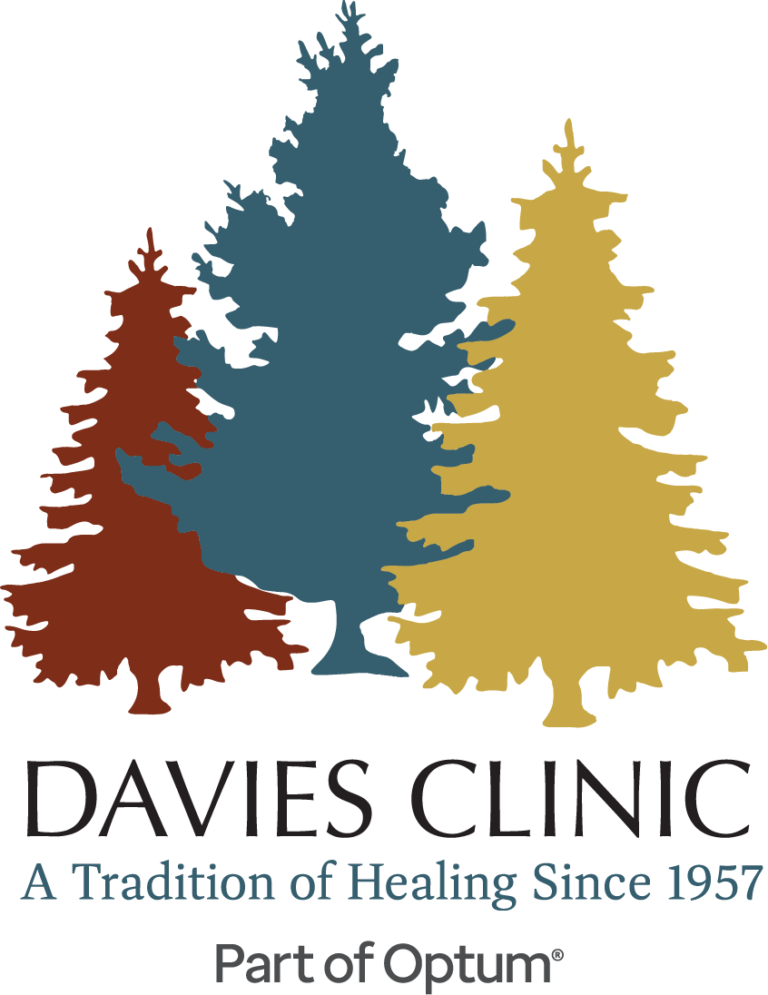
Resources
We are committed to providing our patients with online support for whatever they need.
Resources
We are committed to providing our patients with online support for whatever they need.

Billing
Insurance Plans Accepted
We know insurance and billing can be overwhelming, and we are happy to help. We’ve gathered the information people need most here. Please review it to see if we’ve addressed your question. If we haven’t, or if you still need help, we’re here to help.
Contact our Revenue Cycle Department at
541-687-4905 or CBOBillingSupport@oregonmed.net.
We are open Monday through Friday from 8 am to 4:45 pm.
Payment options for out-of-pocket costs
Payment for your visit and services is due at the time of service, including co-payments, co-insurance, and unmet deductibles. If we are unable to provide you with the total for the portion of the visit that is not covered and that you must pay “out of pocket,” we will bill you. Your payment is due in full when you receive the statement.
How health insurance billing works
After your visit, we will bill your insurance carrier on your behalf. In order to do this, we will need a copy of your insurance card with complete and accurate information about your health plan. We will also need your full name, address, phone number, date of birth and insurance identification number. If any of the information is incomplete or incorrect it could result in a denial from your insurance carrier. The accuracy of this information is the patient’s responsibility, therefore you could be held responsible for the balance if your carrier denies it due to inaccurate or incomplete information.
The insurance carrier will notify us of the amount of your visit that is covered by insurance and what is your responsibility (co-pays, co-insurance, or deductible amount). At that point, you will receive a bill for the balance. That balance is due as soon as you receive the first account statement. If any part of the balance becomes delinquent, then the account balance may be forwarded to an outside agency for collection.
Please note that the timeline for insurance processing varies by the insurance company. You may not immediately receive a bill because of that. Do not assume that if you have not yet been billed, that there is no balance due.
Accepted insurance
We currently accept coverage from the following health plans:
- 6th Degrees Health
- Aetna
- CareOregon Medicaid
- First Choice Health Network
- First Health
- Multiplan
- Cigna Health Care (Great West Healthcare)
- Regence Blue Cross Medicare Advantage
- Health Net
- Moda
- Pacific Source
- Pacific Source Medicare Advantage
- Pacific Source CCO
- Providence
- Providence Medicare
- Tricare
- United HealthCare
- United HealthCare Medicare Advantage
Medicare
Learning about Medicare options can be overwhelming, especially when you are just turning 65. We would like to help you make an informed choice that makes the most sense for you and your health.
Things to consider when choosing a Medicare health plan include:
- Can I continue seeing my Primary Care Physician on the health plan I am considering?
- Are my prescriptions covered by this plan?
- Is my pharmacy in this plan’s network?
- Does this plan include the benefits that are most important to me?
To compare your current Medicare or Medicare Advantage health plan to the health plans we currently accept, please visit Medicare’s Find Health & Drug Plans to begin your search. Medicare covers a “Welcome to Medicare” preventive visit, as well as a yearly “wellness” visit.
Medicare Advantage
We believe the best way to be healthy is to stay healthy. That is why we encourage our Medicare patients to choose a Medicare Advantage plan accepted by The Davies Clinic. Medicare Advantage plans help you and your provider work together to keep you healthy through prevention, care coordination and disease management.
- Medicare Advantage plans must, at a minimum, provide the same benefits as Original Medicare.
- Many Medicare Advantage plans include additional services and benefits not provided by other Medicare programs (i.e. vision, dental, gym memberships).
- The Medicare Advantage plans we contract with encouraging disease prevention and chronic care management, which significantly improves the quality of care and reduces overall healthcare costs.
- Prescription drug (Part D) coverage is also included with most Medicare Advantage plans, providing the convenience of one bundled product.
- With Medicare Advantage, you will not need Medigap (supplemental) coverage.
You can learn more about Medicare Advantage by speaking directly with a health plan below. This list is not an endorsement, but simply intended to help you get started with your research:
Uninsured Patients
The Davies Clinic is dedicated to providing excellent patient care. Patients without current insurance should contact our billing office to make arrangements prior to scheduling an appointment. Our professional staff will work with you to develop a payment plan that will work best for you. In addition, we offer a 20% discount on services when paid in full with cash or a credit card at the time of the appointment. Contact our office for more details (503) 266-2066.
For information on health insurance options visit the following websites –
Healthinsurance.org – Consumer information about affordable health insurance.
Medicare – Heath insurance resources for people over age 65 or disabled.
Medicaid – Health insurance resources for low incomes individuals and families.
Cobrahealthinsurance.com – Information about heath insurance options if you have recently lost your heath insurance due to job loss.
Documents
Any documents needed for service at Davies Clinic are listed here.
